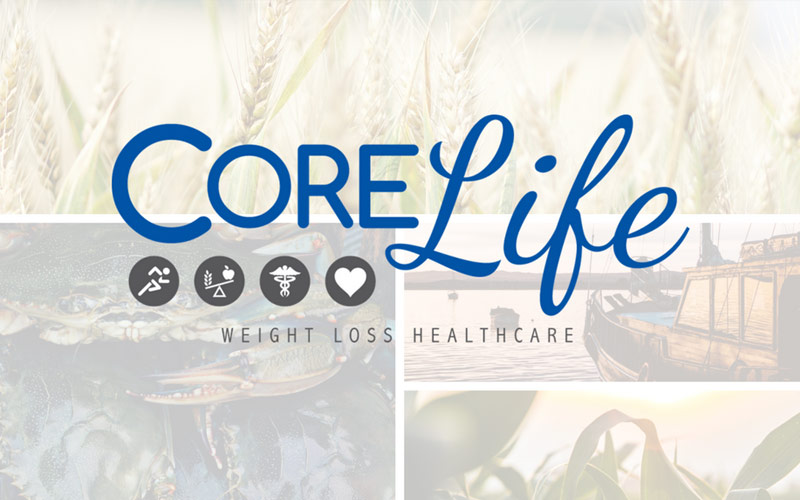When it comes to the weight loss game, the focus tends to be just that – weight loss. I know that sounds silly and kind of like a “duh!” moment, but hear me out. There are so many reasons people want to lose weight – aesthetic goals, health concerns, self-confidence, etc. None of these are “bad” reasons, but at the heart of any program geared for change should be a love of self. Now, I hear rationale that if you really love yourself, who cares how much you weigh, what size jeans you wear, etc. But, the thing is, while you can love yourself regardless of your physical appearance, you’re not really “loving” yourself, in the most active sense, if you aren’t taking care of yourself. This doesn’t mean you need to weigh a particular amount, squeeze into a specific size, look a certain way, or anything like that, it just means that you recognize the value of your body, your health, your “self” and you are making protecting and caring for all of that a high priority in your life. You don’t have to hate yourself to be motivated to change, in fact, I would argue that the best motivation for true, lasting change is truly loving yourself and wanting to do what’s best for you.
With that in mind, no number on the scale can tell you whether you’re truly “succeeding” in doing what’s best for you and your body. Yes, if you’re drastically overweight or obese, weight loss is a key component to improving your health and preventing or improving health conditions like heart disease, diabetes, joint injuries, and more. But, it shouldn’t be the deciding factor in your success. How are your clothes fitting? How are your energy levels? How are your blood results? How do YOU feel about your new nutrition and exercise? For some, the scale will move quickly and frequently when they enter upon a new diet or exercise regimen. For others, it will seem achingly slow. Gaging your progress by simply the numbers on the scale is likely to give you a false sense of success (or failure) and tell only a small piece of the story. Perhaps you’re shedding pounds left and right. But if you’re severely restricting calories to do so, working out hours a day, exhausted, constantly achey, headachey, etc, this isn’t “success” and it’s not sustainable. On the other side of the spectrum, if you’re finding the scale is barely budging, but you’re able to run faster or longer, lift more, do an extra few push-ups, climb a full set of stairs without getting winded, and find that cloudy, post-lunch fatigue has gone away, you’re definitely doing something right, even if the scale isn’t “showing” it.
The point? You shouldn’t be striving to lose weight just because you believe some magical number on the scale will make you feel “better”, look “better”, be “better”, and you shouldn’t be avoiding a change to your diet and exercise because you “don’t mind” that you’re overweight. Loving yourself and wanting the best for yourself can’t possibly be contained in a number on a scale. Pursue a healthier lifestyle because it’s what’s best for you. Typically, the scale will follow, but if it doesn’t and your health improves, you feel better, you are capable of more, then you’ve still succeeded.
Aubrey Phelps MS RDN
